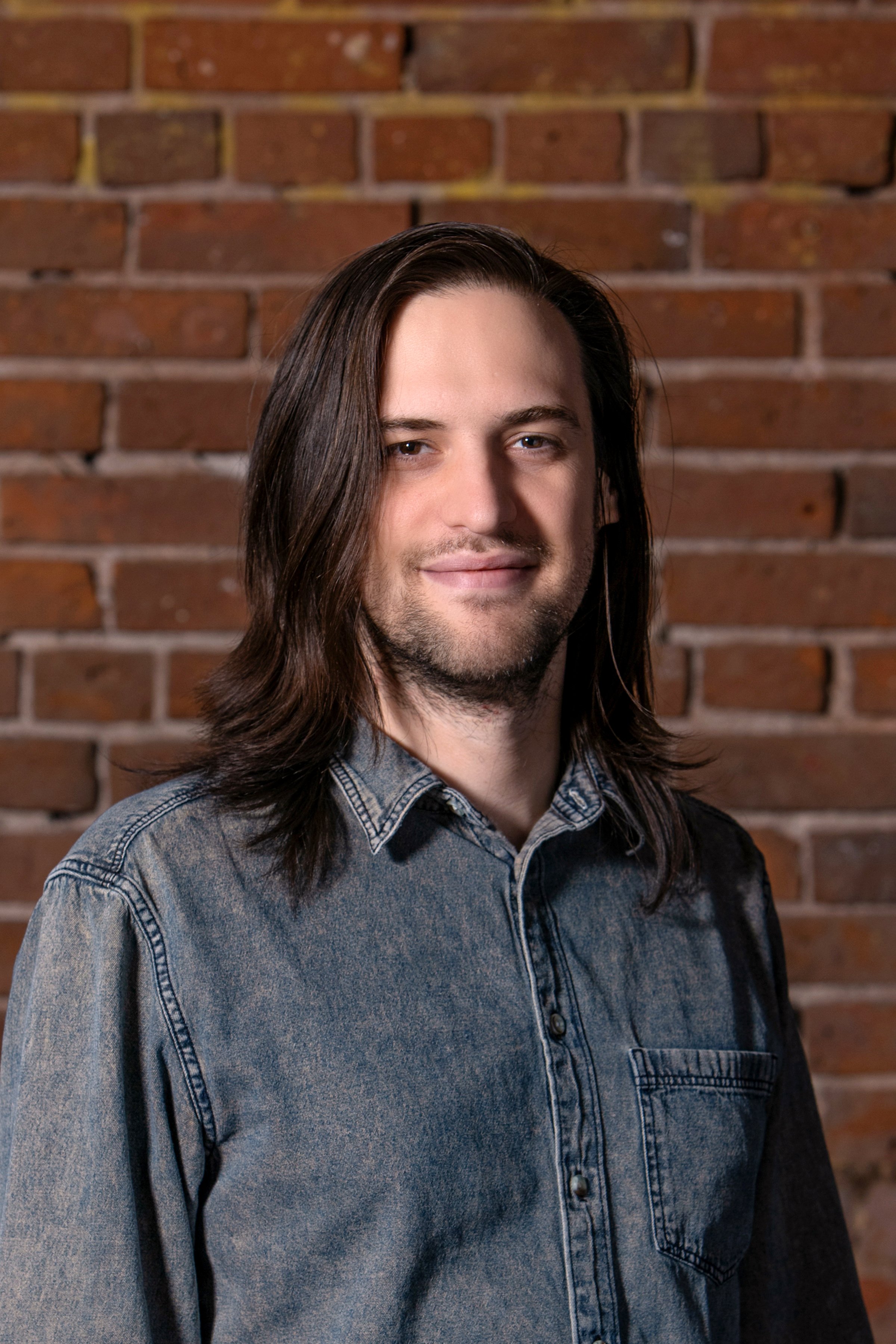3 Questions with J. P. Allen
J.P. Allen is a poet and translator in Durham, NC. He holds an MFA from Johns Hopkins and has received support from PlatteForum, Sewanee Writers’ Conference, and the Vermont Studio Center. His work appears or is forthcoming in Narrative, The Offing, Southern Humanities Review, and elsewhere.
Associate Editor Maya Chari talks with J.P. about their work from Issue 73, out now!
What initially drew you to the work of Clementina Suárez?
Two qualities. First, the variety of Suárez's works caught my attention. Formal verse, prose poems, big modernist political poems, quieter introspective pieces like this one. Not every experiment succeeds, but I love the restless variation.
Second, as was the larger-than-life persona she cultivated, many of her poems are performative and charismatic. Marketing is my day job; I admire Suárez's skill for catching and holding attention.
How, if at all, does translating a poem change your relationship with the original text?
Profoundly. I come to feel about the poem as I might about a cousin, sibling, friend: to know it just enough to know I'll never know it. Or maybe it's a parasocial relationship, almost fooling myself into believing the poem knows me.
Translating poems from a country that my country has mugged for over a century also changes my relationship with the text. The Biden administration's continuation of America's brutal border regime is just the latest tragedy. The world doesn't need to be this way; it can be otherwise. And the work required of me is more direct than translating poetry.
Is there anything you’d like to share about your translation of the poem “Eternal Song” that we don’t know?
I can't take full credit for the phrase "hollow nest" (which I think is a resonant fit for "concavo nido"). I stole it from Hallownest, the fictional setting of one of my favorite video games, Hollow Knight. It's a game about cartoon bugs, but it's also about death, exploration, and persistence, themes that are also at home in this poem.
